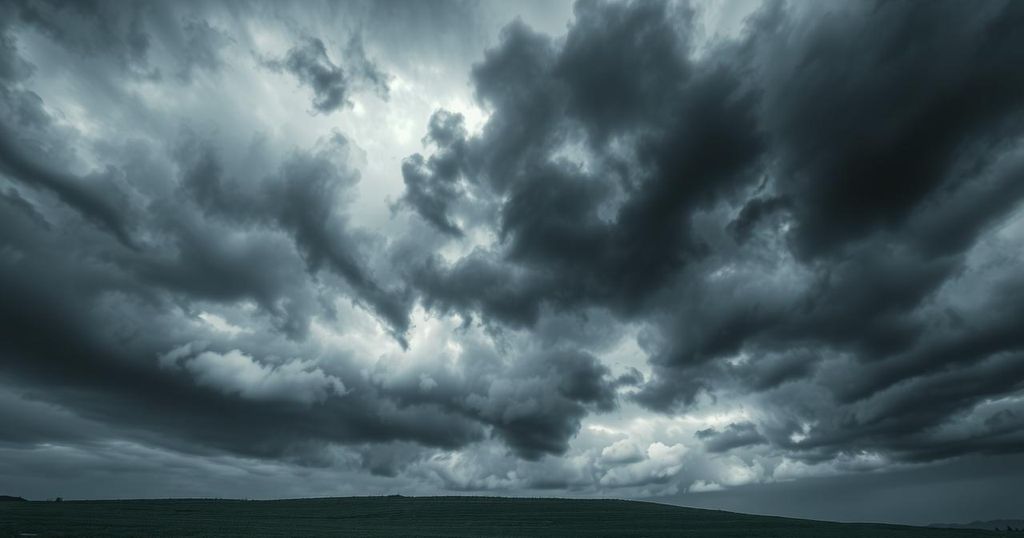Escalation in Ukraine Conflict: Russia’s Attacks and Europe’s Defense Response

Ukraine faces renewed Russian missile and drone attacks targeting its energy infrastructure, prompting European leaders to enhance defense spending amidst US uncertainties. Discussions for a ceasefire are ongoing, while EU nations approve significant financial commitments for military readiness.
On Friday, Ukraine’s energy and gas infrastructure suffered significant damage due to a renewed missile and drone assault from Russia. Ukrainian Energy Minister German Galushchenko reported severe attacks aimed at crippling power and heating systems, asserting that Russia’s intent is to inflict maximum harm on Ukrainian civilians.
This escalation follows a recent European Union summit, where leaders expressed urgency to address potential US disengagement from the conflict. Concurrently, US officials indicated that discussions with Ukrainian representatives have resumed, aiming for a ceasefire agreement with Moscow. A senior official from Kyiv announced a meeting will occur on Tuesday in Saudi Arabia, where both sides hope for constructive dialogue.
In Kharkiv, missile strikes resulted in injuries to four civilians, including a woman rescued from rubble. Mayor Igor Terekhov stated that damage to civilian infrastructure there sparked a fire and prompted emergency evacuations. Further attacks impacted Odesa’s critical infrastructure, though no injuries were reported.
Military responses were also noted in the Ternopil region, where air defense forces intercepted incoming missiles, averting potential casualties. Governor Vyacheslav Negoda cautioned about possible gas supply restrictions in the aftermath of the attacks on industrial facilities.
In response to the heightened threat from Russia, EU leaders approved a strategic initiative to enhance European defense capabilities, aiming to mobilize up to 800 billion euros for military spending. This decision follows concerns raised by US President Trump about NATO’s financial burden, pushing European nations to reinforce their military readiness and explore new financial commitments for defense initiatives.
European Commission leaders are pushing for adoption of an urgent proposal to provide EU-backed loans to member states, allowing greater defense expenditure as they react to the changing geopolitical landscape. As global security concerns mount, the EU’s commitment to defense spending marks a historical pivot pushing towards a more autonomous European military policy, amidst calls for increased resources from key leaders like France’s President Emmanuel Macron.
The ongoing conflict between Russia and Ukraine has intensified, particularly impacting Ukraine’s energy infrastructure. Amid this, European leaders are actively planning to bolster their defensive capabilities in response to potential US disengagement. The approval for significant defense funding highlights a strategic shift toward greater military autonomy in Europe and reflects urgent needs amidst the current crisis.
Original Source: www.sbs.com.au







